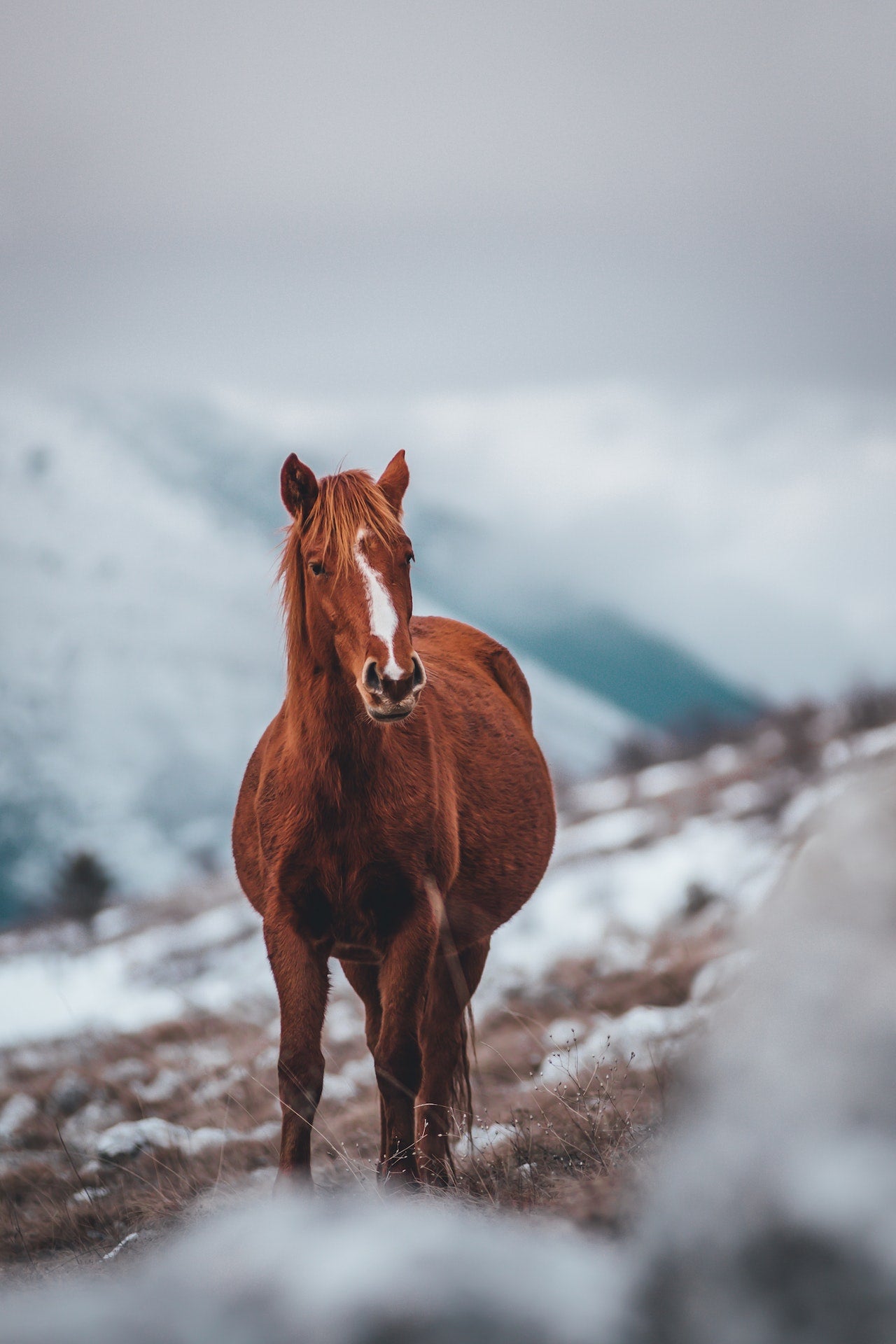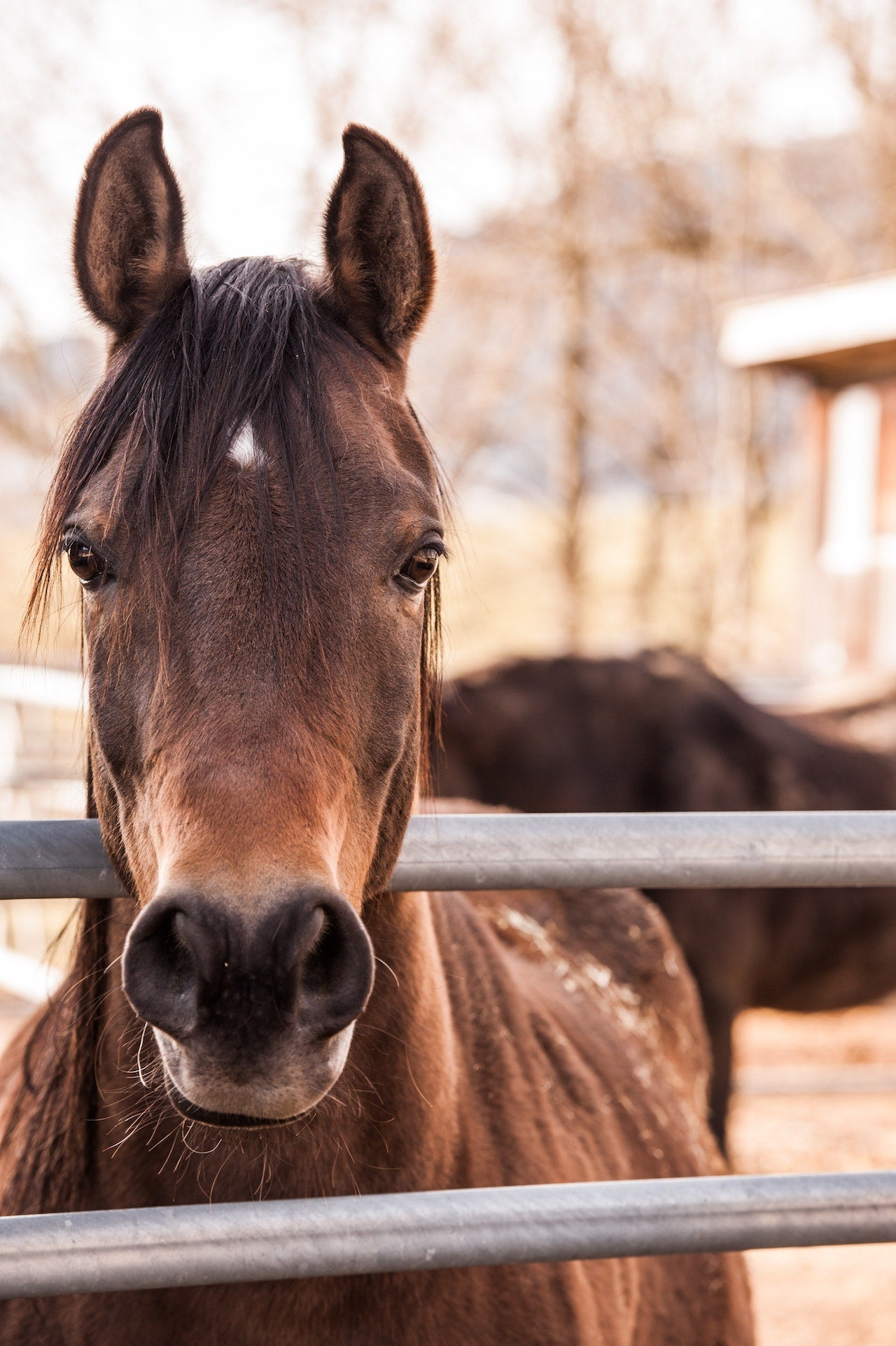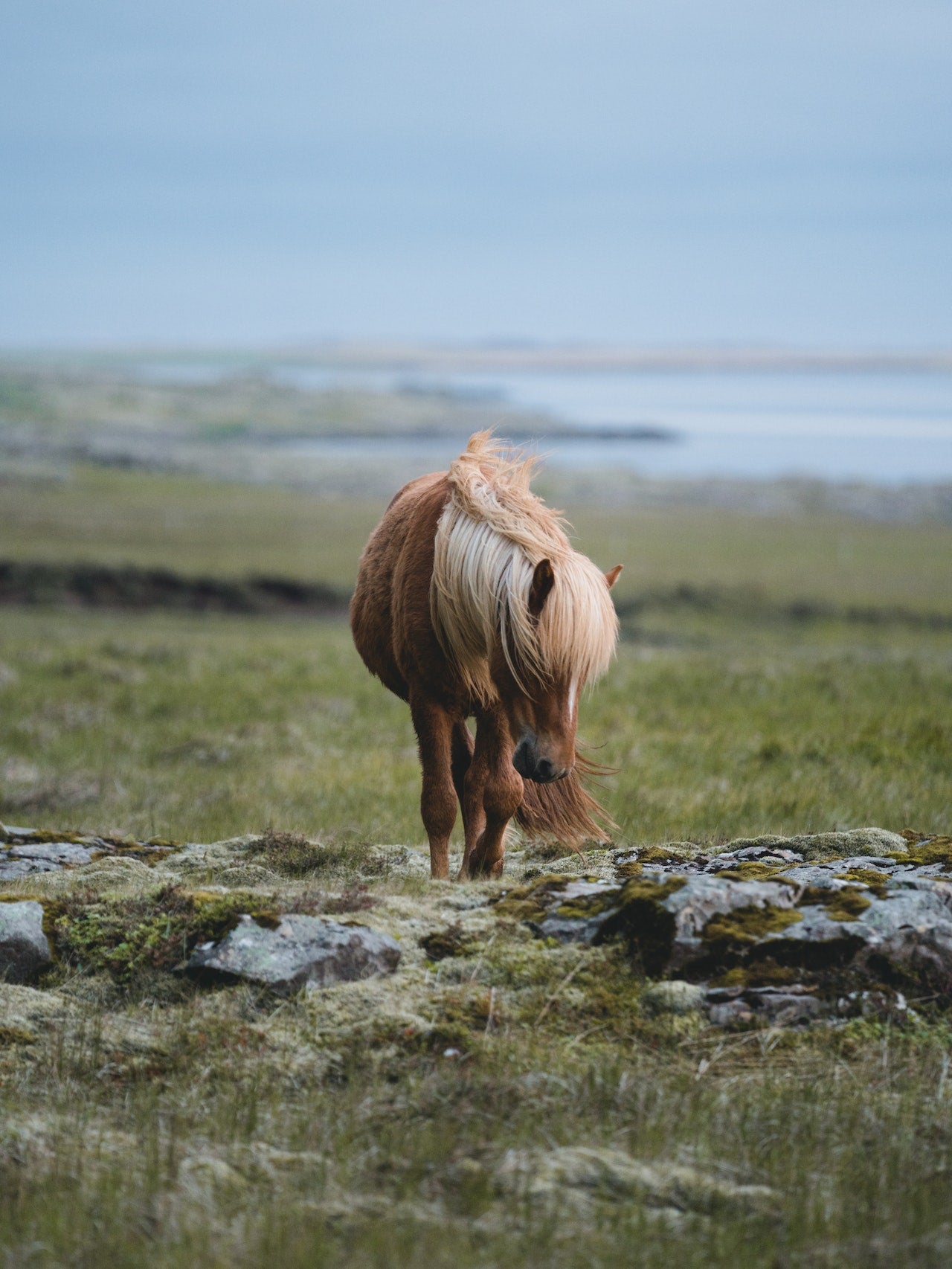
The Equine Gourmet: Exploring the World of Vegetable Delight for Horses
While forage has traditionally been the main food source for horses, owners are increasingly demanding to feed their animals some vegetables. Vegetables provide a varied range of vitamins, minerals, and other substances that help support a balanced nutritional profile. We can better appreciate how vegetables can improve horses' general health by knowing their digestive system and natural herbivorous tendencies.
In this captivating exploration, we look into the interesting topic of feeding vegetables to horses, revealing a variety of nutritional possibilities and investigating the possible advantages and considerations. We will explore the vegetable realm to find nutritious foods for our equine companions.
We open up new possibilities by starting this voyage of discovery, giving horses the ability to indulge in the world of vegetable pleasures while keeping a healthy, balanced diet. So, let's explore this fascinating topic and learn about the delights that the world of equestrian gourmet cuisine has to offer.
Can Horses Eat Vegetables?
Yes, horses may consume various vegetables as a component of their diet. Although grass and hay make up most of a horse’s natural diet and are generally herbivores, they can occasionally eat vegetables in moderation. It's crucial to remember that forage, such as hay or pasture, should still make up a significant portion of a horse's diet.

Vegetables
Vegetables are primarily plant-based meals that come in a variety of preparations, including raw, cooked and steamed. Vegetables are a crucial component of a healthy diet for humans, but they can also provide nutritional advantages when added to the diets of some animals, such as horses.
These foods are renowned for being nutrient-dense and high in vitamins, minerals, fibre, and antioxidants, all of which support general wellness and good health. They offer a wide variety of nutritional profiles and are available in a wide range of colours, flavours, and textures.
Vegetables come in a vast range of varieties, each with its nutritional profile and flavour. Carrots, celery, peas, lettuce, squash, and broccoli, are a few typical examples.
Vegetables That are Suitable for Horses
Carrots
The most common vegetable reward for horses is probably carrots. They contain a lot of beta-carotene. Additionally appealing in their crunch, carrots can serve as an exercise reward.
Celery
Horses may be given small amounts of celery. It is a vegetable with a high water content that may be hydrating and refreshing, especially in hot weather.
Peas
Peas may be offered to horses, however cooking or steaming them can help with digestion. Peas are a wonderful source of fibre, vitamins, and protein.
Lettuce
Horses can be provided with lettuce in modest amounts, preferably romaine lettuce. It diversifies their diet and includes certain crucial elements.
Squash
Horses may appreciate squash, including butternut or acorn squash. It should be cooked before feeding, as raw squash can be challenging to digest.
Nutritional Benefits of Vegetables for Horses
Vitamins
Vegetables are a great source of vitamins, such as vitamins A, C, E, K, and several B vitamins. These vitamins are crucial for sustaining general health, immune system strength, good vision, supporting cellular metabolism, and supporting skin and coat health.
Minerals
Horses may acquire the vital minerals they need from vegetables, including potassium, magnesium, calcium, phosphorus, and iron. These minerals are essential for keeping bones strong, muscles moving, nerves communicating, and electrolyte balance. They are crucial for proper bodily function and are also involved in many enzymatic functions.
Hydration
Cucumbers and celery are two examples of vegetables with high water content. When horses are fed these hydrating vegetables, especially in hot conditions or during heightened physical activity, their general hydration levels may improve.
Fibre
Dietary fibre, which is crucial for the health of the digestive system, is abundant in many vegetables. Fibre helps to maintain healthy gut motility, encourage the growth of good gut bacteria, and avoid digestive problems like constipation and colic. Additionally, it makes horses feel more satisfied and may aid with weight control.
Antioxidants
Antioxidants are organic substances found in many vegetables that help defend cells from harm brought on by free radicals. These anti-oxidants, including beta-carotene, lutein, and zeaxanthin, have been linked to a lower chance of developing chronic illnesses and to promoting general health and well-being.
Preparing and Introducing Vegetables to Horses
Cutting the Vegetables
Cut vegetables into bite-sized pieces so that horses can easily eat and consume them. It's crucial to trim large parts into manageable bits since they may present a choking risk.
Cooking or Steaming
Before feeding some vegetables to horses, such as peas and squash, they should be boiled or steamed. Vegetables that have been cooked become softer, which facilitates digestion and breaks down some of the components that could be difficult for horses to consume.
Introduce Gradually
Start with little amounts of vegetables when adding them to a horse's diet, then gradually increase the amount over time. This reduces the possibility of gastrointestinal discomfort and enables their digestive system to acclimatise.
Monitor for Allergies
Horses can have dietary allergies or sensitivities just like people do. Keep an eye out for any symptoms of adverse responses, such as gastrointestinal distress, skin rashes, or behavioural abnormalities, and stop feeding if anything goes wrong.
Mix with Other Feed
Combine veggies with the horse's usual diet or forage to promote acceptance and ease the transition.
Feeding Vegetables as a Treat
Portion Control
While veggies can be nourishing, it's important to provide them in reasonable quantities to prevent overeating.
Moderation
Treats should be provided moderately and should not substitute for the fundamental elements of a healthy diet, such as hay, grass, or grain.
Variety is Key
Provide your horse with a variety of veggies as rewards to keep things interesting.
Monitor Preference
Determine which veggies your horse likes to eat and add those to their repertoire of treats.
Balanced Diet
Even though treats might be fun, always make sure the horse's diet overall is balanced and fits its nutritional needs.
Potential Risks of Feeding Vegetables to Horses
Toxic Vegetables
Some vegetables should be thoroughly avoided since they are poisonous to horses. Onions, garlic, tomatoes (green sections), and some plants in the nightshade family including potatoes, eggplants, and peppers are examples. Before giving any vegetable to horses, always do your homework and confirm its safety.
Choking Hazard
If not properly cooked, some vegetables, especially those with harsh or fibrous textures, maybe a choking danger. To lessen the chance of choking, be sure to chop veggies into manageable portions.
Digestive Upset
A horse's digestive system may get irritated if new veggies are added to the diet too rapidly or in large quantities. Keep an eye out for symptoms of digestive distress in your horse, such as colic or diarrhoea, and change the quantity or kind of vegetables as necessary.
Pesticide Residues
Pesticide residues may be a concern when feeding conventionally cultivated veggies. To minimise exposure to pesticides, purchase organic veggies wherever possible, or wash and peel commercially farmed produce thoroughly.
Concluding Words
Vegetables may provide a horse with extra nutrition, moisture, and sensory stimulation, among other advantages. But you must proceed cautiously, taking into account each horse's sensitivity, potential hazards, and the significance of a healthy diet.



